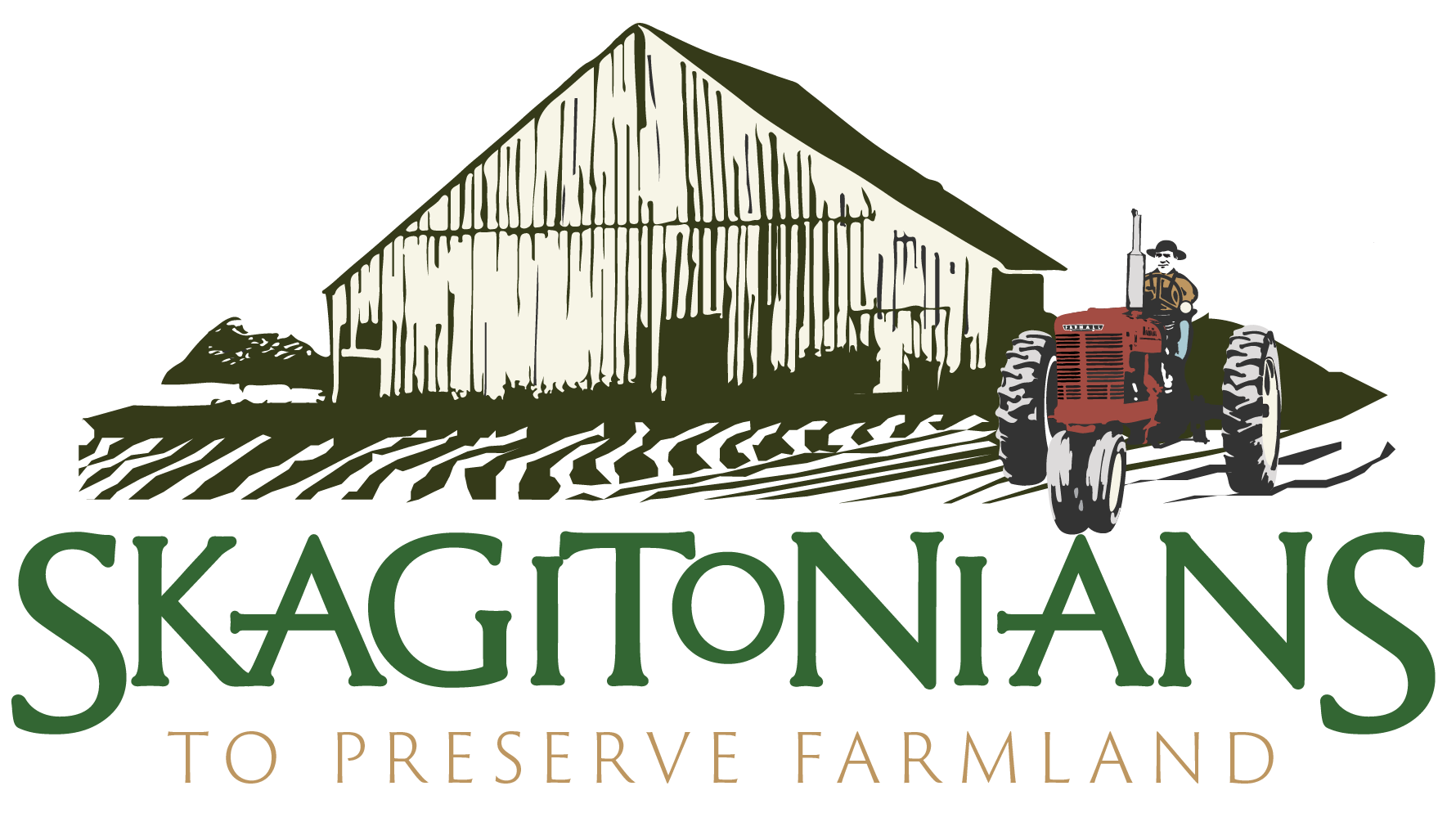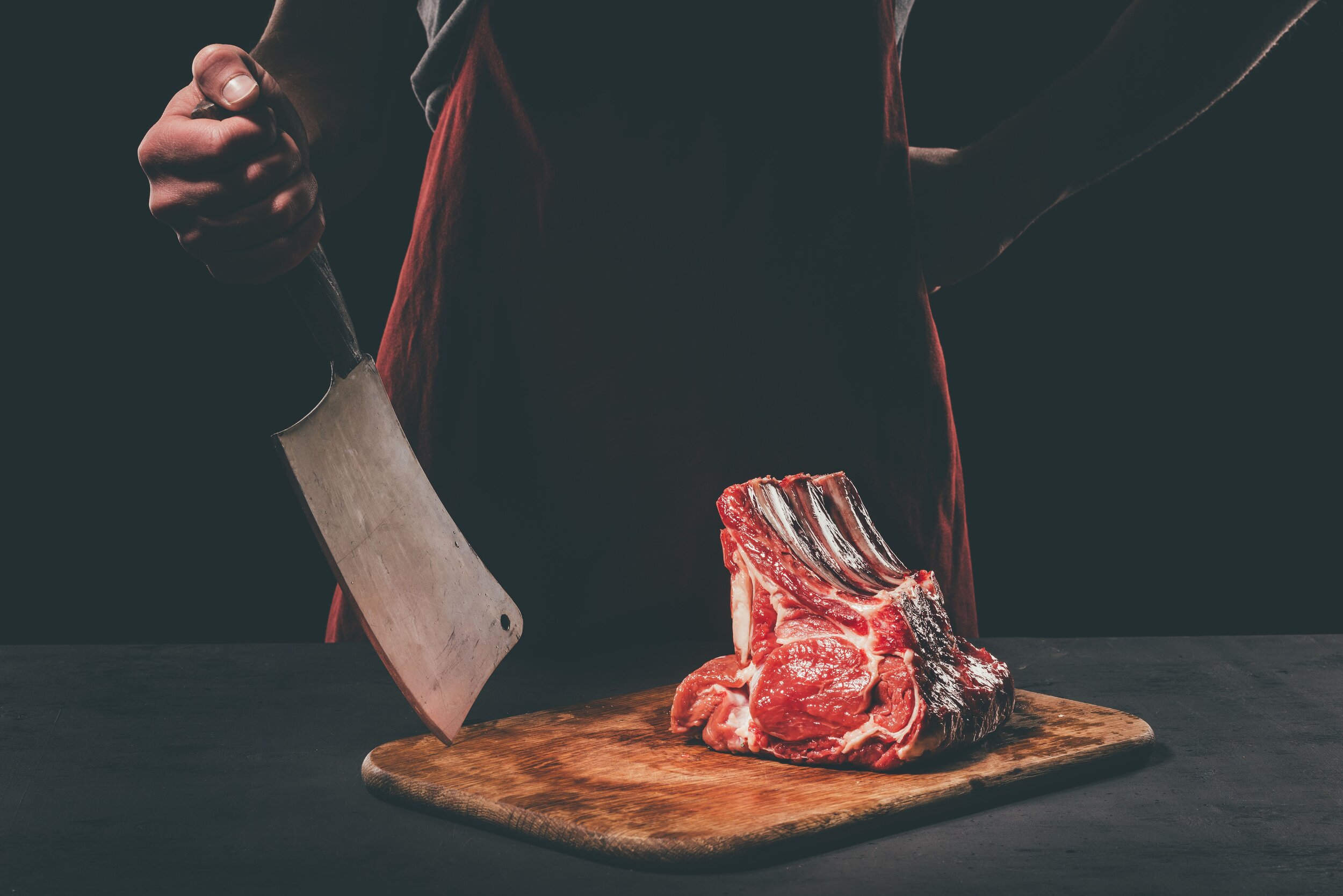Meat Processing - The Dirt Issue #57
Nationwide shortage of freezers tied to bigger issue
If you’re looking to invest in our pandemic-influenced world, you might check out manufacturers of polyurethane insulation. It’s what keeps freezers cold.
Demand for freezers has surged in recent months—and remains largely unfulfilled—as consumers have responded to concerns about food shortages, price increases and the desire to cut back on frequency of food shopping.
But, this situation ties in directly to an area of deep concern for local farmers and ranchers: the availability of timely meat processing. It was national news when major meat processors had to cutback or temporarily shut down during the COVID-19 surge last spring. The scope of the problem was enormous; in beef processing alone in the U.S., four firms control more than 80 percent of the market. In some parts of the country that meant empty grocery shelves over the Memorial Day holiday. It made a lot of people start looking closer to home for answers.
And, looking closer to home just might require greater freezer capacity.
Growing demand on local producers
More and more consumers have embraced the “buy local” ethos and not just because of the pandemic. That embrace is felt particularly strongly among small-scale local beef, pork, lamb, goat, turkey and chicken producers. For many of these farmers and ranchers the interest in what they have to offer increased along with the health issues, but customers had already been trending that way as they sought characteristics like grass-fed, sustainably-produced, hormone and antibiotic-free, and certified organic in their meat purchases.
Meeting the demand has not been a question of supply. It has, however, been a question of processing. Capacity limitations have taken a toll.
The WSDA stepped in to help
Like many states across the nation, Washington State recognizes that small-scale processors are essential to maintain the local food supply. To that end applications closed in mid November for grants of up to $150,000 for small-scale meat processors (those with 250 or less employees) in the state. Administered by the Washington State Department of Agriculture, the grants, allocated from $5 million in CARES Act relief funds, are to be used for expenses incurred in increasing processing capacity during the pandemic. These expenses include additional labor, physical improvements to the processing facility, equipment and safety amendments.
A multilevel system affects local production and sales
It’s a complicated system—some would even say outdated—but loosely speaking there are three ways processed meats can be made available to the final consumer. According to Seattle-based, self-professed “food lawyer,” Baylen J. Linnekin, “Ranchers [and farmers] whose animals and meat are processed at a USDA-inspected facility can sell their products legally anywhere in the country. Ranchers who utilize a state-inspected facility enforcing ‘equal to’ requirements [those in place at USDA-inspected facilities] can sell their products anywhere in that state but—with a few exceptions—may not sell their meat across state lines. The smallest ranchers typically have their animals and meat processed at a custom facility. Those ranchers may only sell meat to a person who purchased a share of that animal while it was still alive. They may not sell the meat across state lines nor to the general public, grocers, restaurants, or at farmers’ markets.”
Due to industry-wide consolidations and despite there being 6200 establishments nationwide with FSIS (USDA’s Food Safety and Inspection Service) personnel on site, the system favors large producers who can deliver in quantities suitable to high-capacity processors. Small-scale producers are left with limitations on their reach and potential sales.
The customer who opts to purchase a half hog or quarter of a beef from a local producer has already made a larger commitment than a jaunt to the grocery store. Once the order is processed at a custom exempt facility, the customer must take it home for storage. The meat is for personal consumption only and clearly marked “not for sale.” As more and more customers are choosing this option, the demand for freezers has grown.
Workable solutions on a local scale
Long before the pandemic took over our thoughts and buying habits, efforts had been made to increase local processing capabilities. Island Grown Farmers Cooperative was formally established in 2000. By early 2002 IGFC received a USDA “Grant of Inspection” to begin processing livestock in their new mobile processing unit. This MPU is also referred to as a USDA Inspected Mobile Slaughter Unit or MSU by the WSDA. It brings humane slaughtering capabilities directly to the farm. Instead of being trucked potentially long distances to a fixed slaughterhouse location, the animals are spared the stress of travel and kept as long as possible in a familiar environment. By minimizing stress hormone secretions before slaughter, the animals fare better and the quality of the meat is higher.
Meat cut/wrap, storage and some retail sales services, operating under the name Northwest Homegrown, are provided at IGFC’s current facility in Bow. All slaughtering, processing, and storing is done in strict accordance with all USDA’s standards and under the purview of a full time USDA inspector.
The venture is going so well, and demand is so high, that IGFC recently announced its expansion into a new facility being constructed at the Port of Skagit. The new operation will be significantly larger than the present plant and will double the number of animals that can be processed. IGFC hopes it can begin operations at the new facility in 2021.
Other local options include Anda'ls Custom Meats Inc. in Mount Vernon, Silvana Meats in Silvana, and Del Fox Custom Meats in Stanwood. All are WSDA custom exempt slaughter facilities and serve those producers who choose to sell shares of live animals for personal consumption. Del Fox Custom Meats in conjunction with North Cascades Meat Producers Cooperative also offer USDA slaughter services as well as cut and wrap so that farmers can market their own meat, by the cut and to local retail accounts.
A permanent change
The pandemic has highlighted the capacity limitations and bottlenecks inherent in our current approach to meat processing. Federal legislation first proposed in 2015—and squashed by large producer lobbying—has been resurrected and new proposals are expected to be under consideration in the next congress. These bills have bipartisan sponsorship and support. Each has the goal of expanding sales and distribution opportunities while maintaining strict food safety protocols. Whether or not they will be passed remains to be seen, but there is plenty of evidence that more needs to be done in support of producers, processors, and ultimately, consumers, with or without a pandemic.

